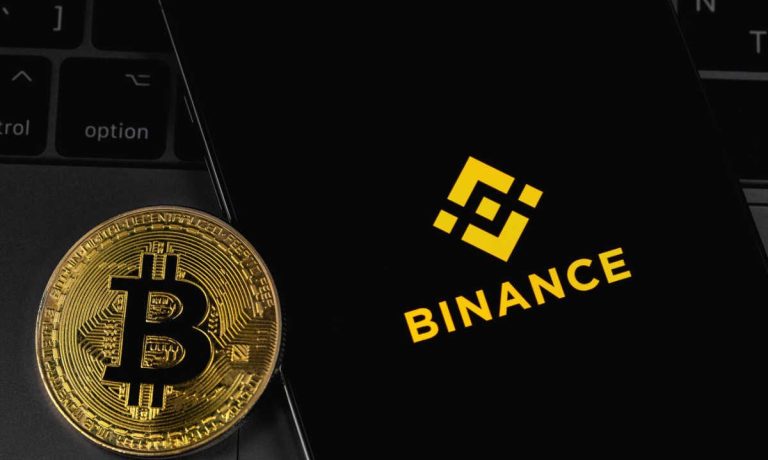Crypto markets were coming off an all-time high, and the November implosion of rival exchange FTX, Binance’s biggest competitor, left the platform alone at the top of the digital asset market.
“[F]or now, all I’ll say is: well played; you won,” tweeted FTX Co-founder Sam Bankman-Fried Nov. 10, 2022, the day before his multibillion-dollar crypto empire filed for bankruptcy amid a self-inflicted and allegedly criminal solvency crisis.
Then 2023 came and everything changed.
Bankman-Fried was arrested, extradited from the Bahamas, and now resides in a United States jail awaiting criminal trial this October.
Rather than being able to capitalize on FTX’s collapse and win market share, Binance’s own borderless crypto empire instead became the target of regulators around the world who feared its business model similarities to FTX could be obscuring similar questionable practices.
Advertisement: Scroll to Continue
The Securities and Exchange Commission (SEC) filed 13 charges against Binance and its founder, Changpeng Zhao, in June, alleging a variety of securities law violations and claiming the platform “engaged in an extensive web of deception.”
Binance has been accused of illegally serving American customers, inappropriately controlling clients’ assets, and disregarding compliance and anti-money laundering (AML) standards.
Unidentified former company “insiders” have said the cryptocurrency exchange mixed customer funds with its own revenue — the very same bad behavior that took down FTX.
Now, the company is shutting down its Binance Connect service, which launched in March 2022 to help companies become crypto-ready and accept payments in crypto, as well as filing for a protective order against the SEC.
But will the defensive measures pay off?
Read also: Crypto Wilts in Summer Heat as SEC Charges Both Binance and Coinbase
The Crypto Industry Is Facing a Fundamental Challenge
“We allege that Zhao and the Binance entities not only knew the rules of the road, but they also consciously chose to evade them and put their customers and investors at risk — all in an effort to maximize their own profits,” Gurbir S. Grewal, director of the SEC’s Division of Enforcement, said in the agency’s press release announcing the charges.
It is a statement that some believe could be leveled at nearly any player in the crypto sector, as the industry’s reputation as a lawless Wild West of digital innovation was what drew in, and appealed to, many of the sector’s most ardent enthusiasts.
“The crypto community believed and had a real conviction what they were doing was so new that existing laws could not possibly apply,” Amias Gerety, partner at QED Investors, told PYMNTS. “And in the history of financial services, there’s basically never been a group of people with any commercial success who had that conviction.”
“[O]nce you have that conviction, then you start searching for excuses not to comply [with the law],” he added.
SEC Chairman Gary Gensler said May 15 at the Federal Reserve Bank of Atlanta’s Financial Markets Conference: “[Crypto] business models tend to be built on taking customer funds, commingling it.”
Binance, for its part, described the SEC’s attack as “stunningly overbroad and unduly burdensome requests” in a court order filed Monday (Aug. 14).
Binance, Zhao and former Chief Compliance Officer Samuel Lim are also facing a lawsuit from the Commodity Futures Trading Commission (CFTC), which claims the company was operating in violation of the Commodity Exchange Act and related regulation.
The CFTC’s suit, filed in March, described Binance as an “illegal” exchange with a “sham” compliance program.
In a motion to dismiss the case last month, Binance argued that its holding company is located in the Cayman Islands, and Zhao is a Canadian citizen, meaning the CFTC’s claims should be dropped.
Binance did not immediately reply to a request for comment from PYMNTS.
Zhao has repeatedly dismissed his enterprise’s ongoing legal woes as “FUD,” or fear, uncertainty and doubt, even going so far as to tweet the number 4 in reference to what he sees as unnecessary FUD.
For an industry whose early and rapid growth was aided by a haze of regulatory uncertainty, crypto’s future — particularly within the U.S. — remains unclear as the newness wears off.

